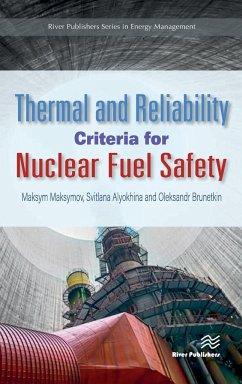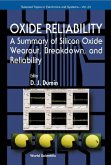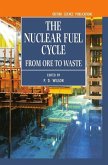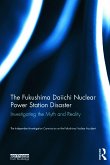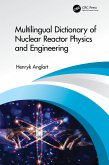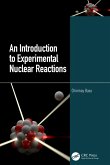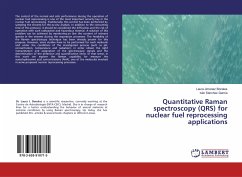The book covers basic approaches to the nuclear fuel state of energy reactors in the last stages of the nuclear fuel cycle, these have been developed by the authors based on Ukrainian Nuclear Power Plant (NPP) operational experience. The book starts by looking at the physical safety basis of water-water energetic reactor (WWER) nuclear fuel. It goes on to discuss modern approaches to the heat exchange modelling in nuclear power plant equipment. Next, the safety criteria when making a decision about dry storage for WWER-1000 fuel assembly are discussed. Then the effect of reactor capacity cyclic changes on energy accumulation of creep formations in fuel cladding is covered in full, along with a chapter on the analysis of WWER-1000 fuel cladding failure. Finally, the book finishes with a description of thermal safety criteria for dry storage of spent nuclear fuel. The book is essential reading for anyone concerned with NPP maintenance and safety.

